Validation Framework for Assay Processing Pipelines
Ellis Hughes
August 23, 2019
Ellis Hughes
|

|
Outline
Background
Package Development & Validation Framework
Lessons Learned

Fred Hutch and SCHARP

Blood Stem Cell Transplantation
and Immunotherapy

Cancer Risk Factors, and Causes,
Prevention and Outcomes

Vaccine Development
and Virus-Associated Cancers

Molecular Underpinnings of Cancer

Tumor-Specific Translational Research

- Established 1992
- Worldwide-impact in the fight
against cancer, HIV/AIDS and
other infectious diseases.
Assays and Correlates of Protection
Cutting edge Research in HIV/AIDS prevention and Vaccine Development all over the world



https://storage.needpix.com/rsynced_images/crowd-2045498_1280.jpg
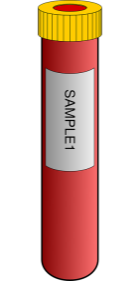

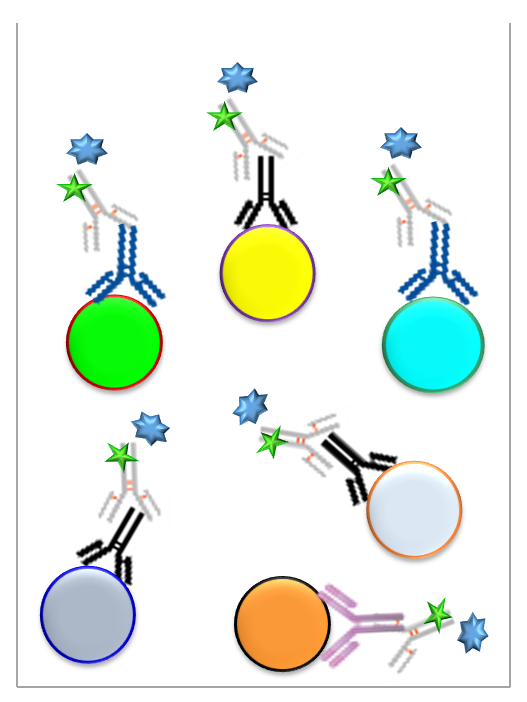
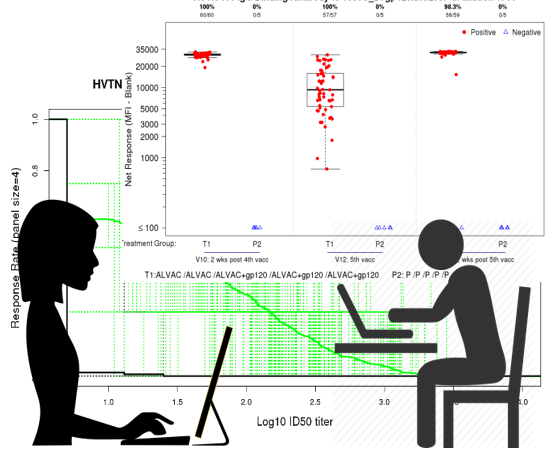
Assays are under constant development
- Antigens could be added to the processing plan- Exploratory endpoints
- Processing techniques

We need a validated pipeline that is rigid enough to provide form and consistency between studies, but flexible enough to handle potential changes
Package Development and Validation
Develop functions as steps in a work flow
Capture all documentation that is required in a validation
Automation tools to support code development
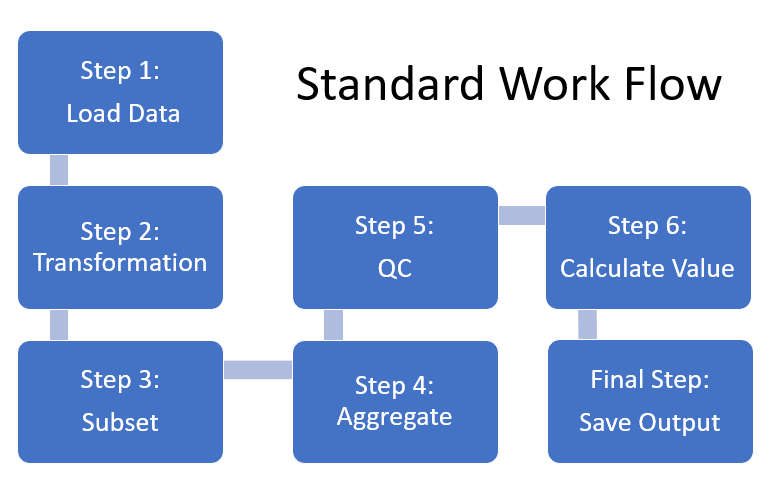
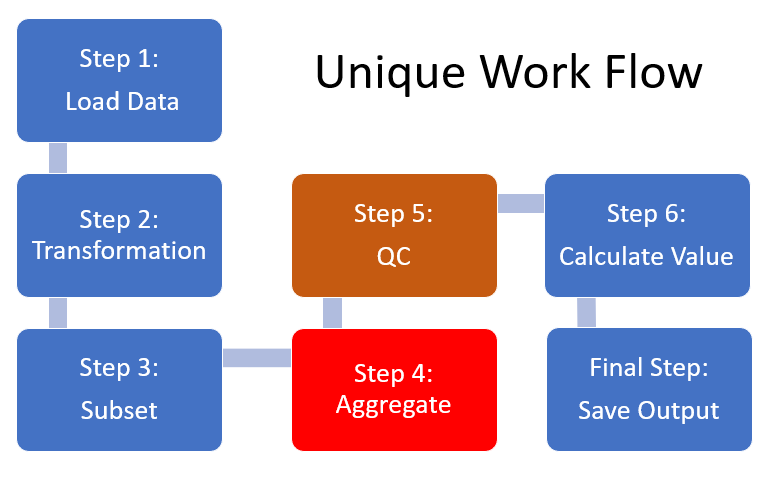
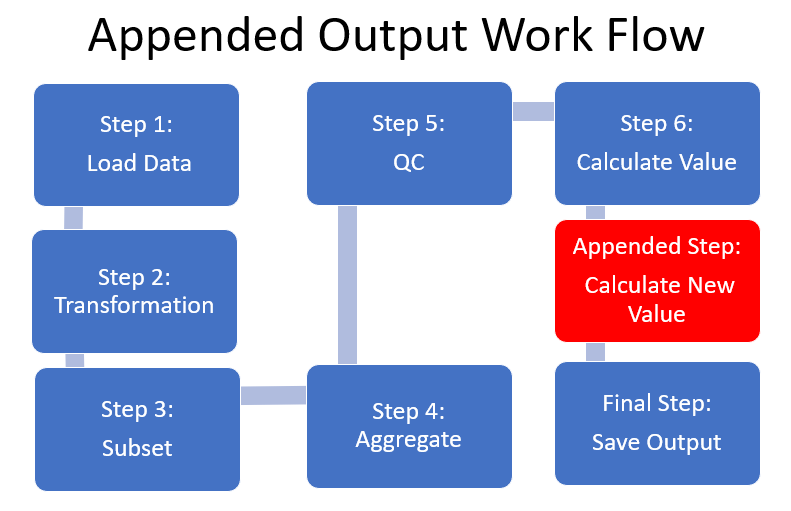
The roxygen2 package allows for self documentation and manual generation


Roxygen2 -RStudio (https://github.com/rstudio/hex-stickers/blob/master/PNG/roxygen2.png)
Documenting of the validation process in a vignette:
Introduction
Capture the reason behind creating the package
Purpose
Goals that the package should achieve
Specifications
Capture the process level specifications
Capture the function level specifications
Risk Assessment
Capture the process level risks and mitigations in a table
Capture the function level risks and mitigations in a table
Introduction
Capture the reason behind creating the package
Purpose
Goals that the package should achieve
Specifications
Capture the process level specifications
Capture the function level specifications
Risk Assessment
Capture the process level risks and mitigations in a table
Capture the function level risks and mitigations in a table

github.com
Lessons Learned & Observations
Designing explicit specifications is important
Function naming schemes
Function argument formats
Package Dependencies
Tidy-styling
Function naming schemes
Function argument formats
Package Dependencies
Tidy-styling
Observations
Easy to accidentally gloss over important functionality
Record features explicitly required and double check oftenScope creep is inevitable
- Unforeseen functions
- Additional functionality
Co-Authors and Support
- Anthony Williams
- Jimmy Fulp
- Bharathi Lakshminarayanan
- Alicia Sato
- Shannon Grant
- Paul Stutzman
- Kate Ostbye
Fred Hutch is Hiring!
- fredhutch.com/careers
-

Thank You
